This is a question I ask myself very often as a CEO. If sustainability is thinking about the future; if it means observing the interests of the whole system rather than your own interests and making long-term plans that are shaped by the life we live today; if it means taking into account social and environmental impact with every step we make, where should we start?
I try not to disregard entrepreneurship in trying to find the answer to this question. The main reason for this is that entrepreneurship starts off with an idea which is then followed by efforts to transform… However doing this can only be possible through taking an action. Without action, there will be no transformation. And if our aim is to take an action within a framework of sustainability, we must make ensure that any transformation will result in social and environmental benefits.
When I was a little boy, my grandfather often used to warn me:
“İzel, your words and actions will always have an impact. You must never utter a word or perform an act without thinking about how it will make the other party feel or react. Always think first…”
Of course back then I did not know that this was the definition of “empathy.” The question now is, “Do we empathise with human beings only?” Is the human being the limit of interaction?
As people we are partly able to empathise with other people but what about doing the same with other beings that we interact with?
James Lovelock’s Gaia Hypothesis of the 1970s postulates that living and non-living parts of the earth co-exist in interaction. According to the hypothesis the co-existence of living and non-living things, each of which are indispensable, make up the biosphere, which refers to the field where life exists on earth. Well, then, is humankind, who lives within a spiral of consumption under the false impression that it sits in the centre of all things, able to think for a moment about how any action it will carry out will impact other beings?
Probably because everything is produced in ever-larger quantities as a result of our infatuation with the concept of growth, we tend to think that we have the right to use more of everything, all the time. No problem, there is lots more. Alternatively, we try to console ourselves by saying “Well, if I don’t consume, someone else will,” thus trying to escape the responsibility that is assigned to us by reality itself. Yet if we thought of the things we consume as an indispensable part of our field of interaction as the hypothesis above suggests, will we still have the tendency to consume as much? The electricity we use unnecessarily, water we use for pleasure, the extra kitchen roll sheets we use to wipe our hands, the food we leave on our plate, carbon emission caused by driving a car with one passenger rather than using public transport… These are all things we do not normally bother to think about in daily life, things that we externalise. However they all fall within our field of interaction… Are we aware that we, ourselves, are also busily being consumed when we take all this to be within the context of a cycle of sustainability?
The speed of production and consumption in the last 50 to 60 years caused us to get into the habit of thinking less and putting empathy aside, thus searching for answers outside rather than within… Let’s take the examples I have given above: is there an energy deficit? Let’s produce more energy. Is our mobile phone getting old? Let’s buy a new one. Are existing roads not enough anymore? Let’s build new roads, viaducts, bridges. Are we running short of water? Let’s get water from somewhere else. Profitability going down? Let’s grow further.
We are so blinded by our habits that we seem to fail what stands before us, let alone be able to think long-term. Here is the problem: whilst we focus on “more” we fail to see what the real cause of the problem is. Why do we have an energy deficit? Why is not there enough water? Is that because we are growing without thinking about the impact we have hopelessly externalised? Can it be because we fail to use energy and water efficiently? If both, what part does growth play in this? What part does inefficiency play?
All these questions point to a single action. They point to a magic word which stands very close to us but has been put aside due to the speed and extent of consumption over the years: “saving.” In my opinion being saving- conscious is definitely where sustainability starts. What lies behind saving-consciousness is the acknowledgment that we access most of what we see around us by consuming our resources at an ever-faster rate. Unfortunately the earth, air and ourselves are a part of what we are consuming.
What, then, do we do to turn the idea of saving into an action in our business?
Firstly we have replaced “sustainable growth” with “sustainable development”. The reason for such replacement is that sustainable development requires long-term planning. While making long-term plans we need to act in consideration of the interests of all our shareholders, including our rivals, and to think about the future of our ecosystem. We try to make sure that we take into account social and environment impact with every step we take. Surely this forms the philosophical dimension of the approach we adopt and everyone involved has to believe in this philosophy and feel that they play an indispensable part in our developmental goal. While defining that goal I imagine that there are circles of interaction between us and all other beings around us. The radius of the first circle contains things at arm’s length. What can they be? Our computer, mobile phone, pens, notebooks and so forth. I study the way we use these things. To give a few simple examples, do we use our computers and mobile phones economically when we use their memory or modes? How about the pen and paper we use?
The larger circle may contain switches, window handles or a plant in our room. An even larger interaction circle contains our colleagues. This time we pay attention to the kind of interaction and transformation that is created. We must keep in mind that time is also a part of saving. Are we able to contribute to time-saving through sharing? Are we able to establish balance between an employee with a very packed schedule and one whose schedule is lighter? We must bear in mind that the goal here is not to observe our own interests but to think about the interests of the whole system, which makes sharing and cooperation very important…
It is possible to expand these interaction circles to fit companies, industries or countries. What is critically important here is to start interaction at the most proximate, accessible and transformable concrete point, and to feel that we are interacting with each and every being. We need to establish a causal link and think about the positive and negative effects of our actions on the beings that the circle of interaction contains. What we do then is to watch the circles expand like rings caused by stones thrown on water, and to think of Africa’s “ubuntu”: I am because you are…
Source: www.hbrturkiye.com
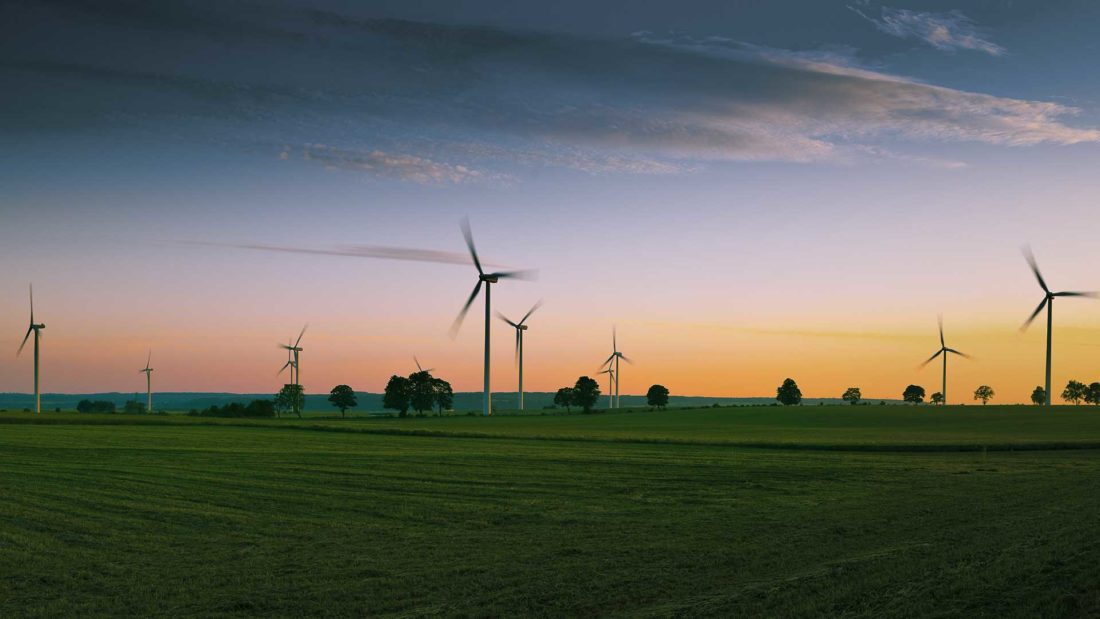
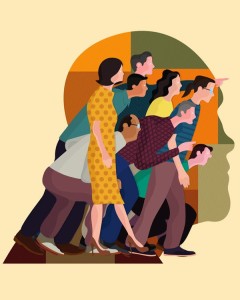
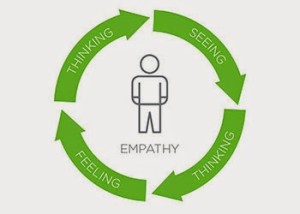

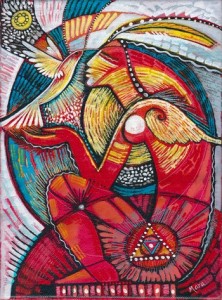
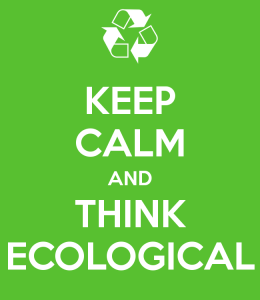
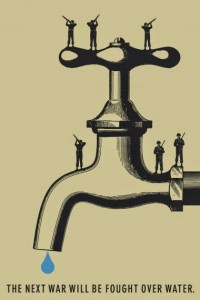
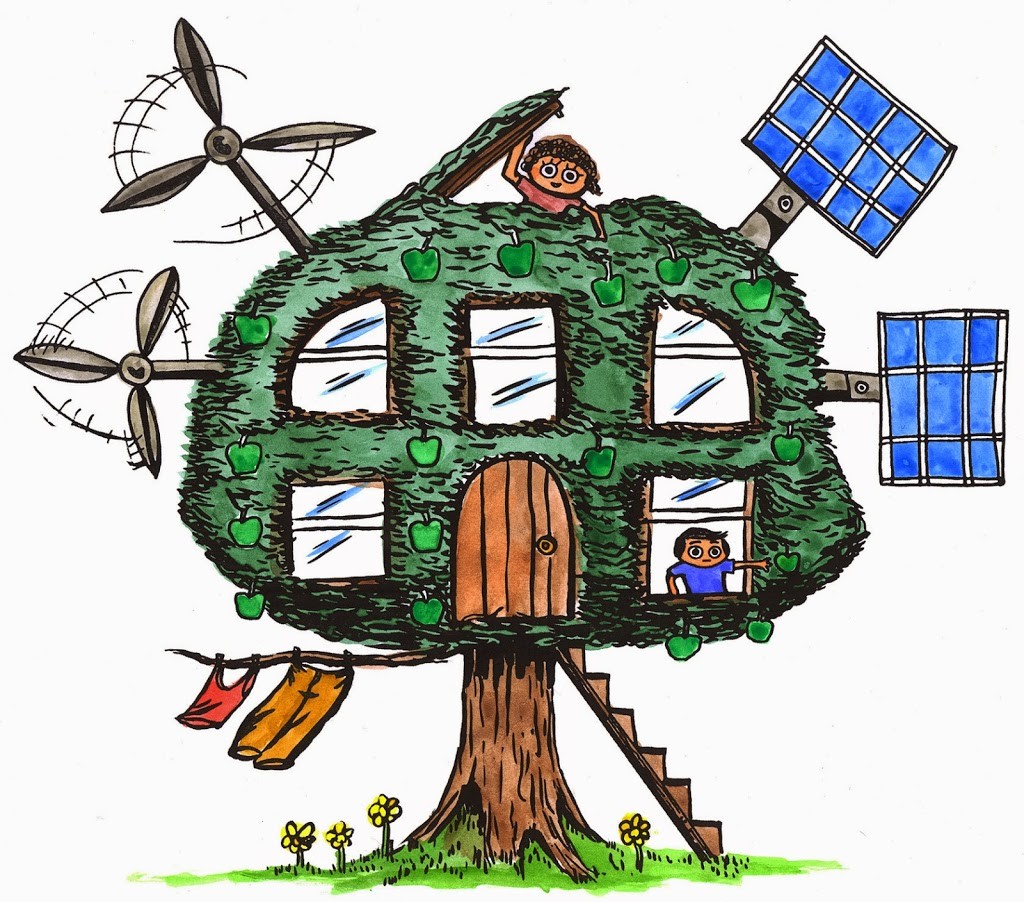
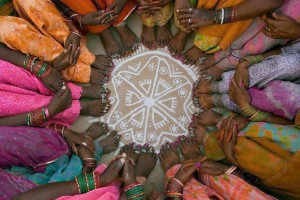
No Comment